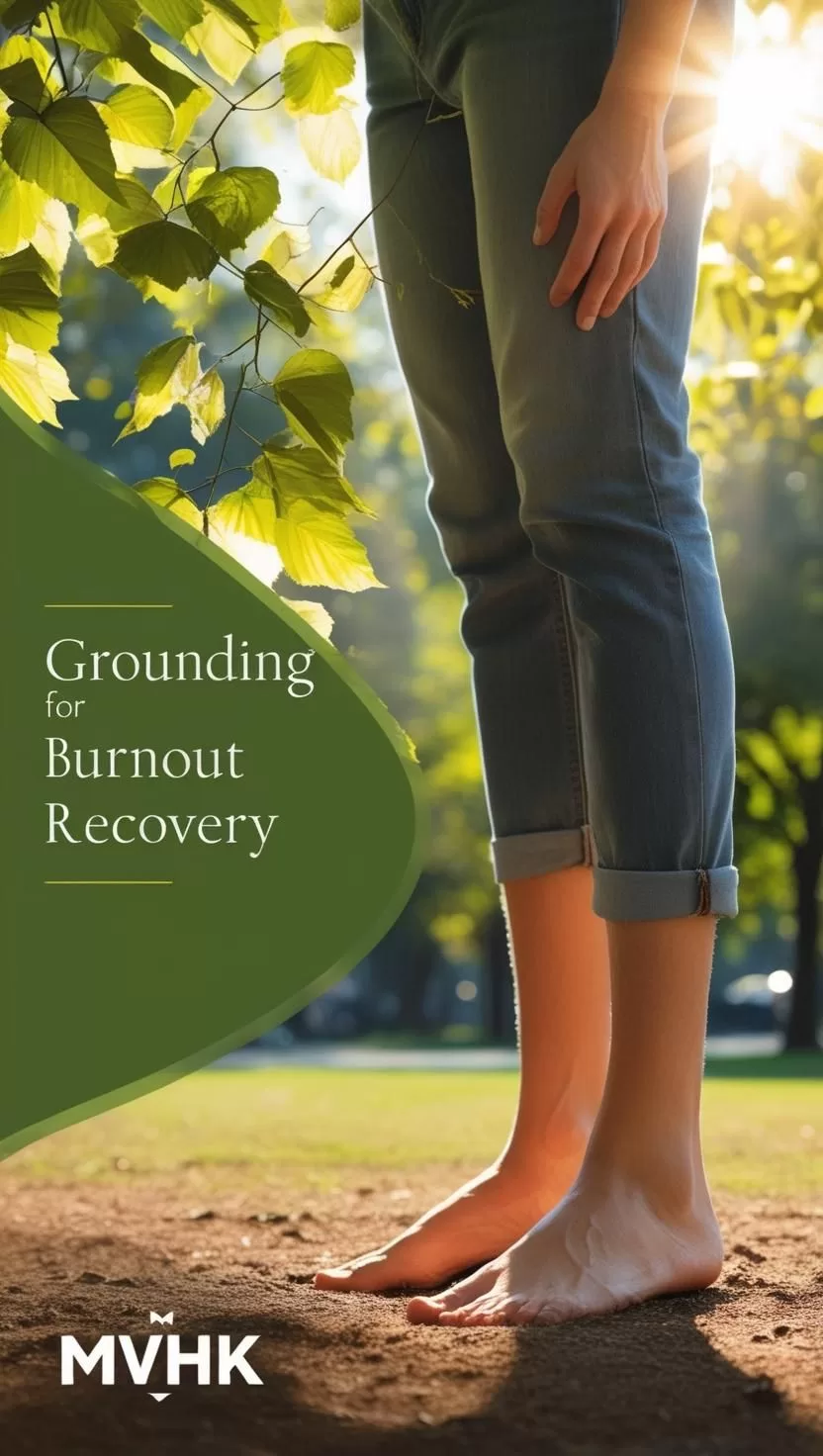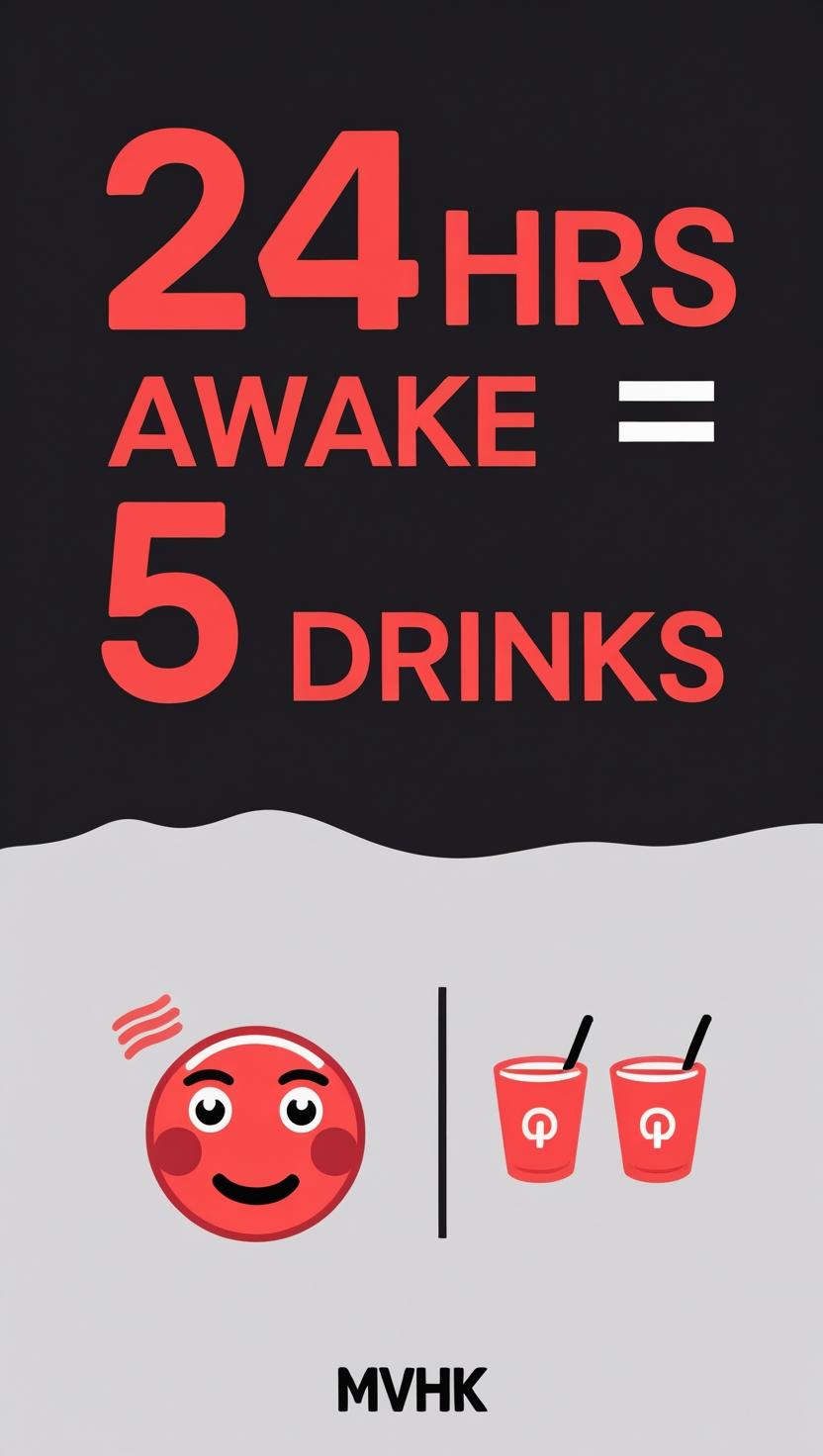Grounding for Burnout Recovery: How Reconnecting with Earth Lowers Stress and Boosts Productivity
In today’s hyper-connected world, grounding—the practice of physically connecting with the Earth’s surface—offers a surprising yet science-backed solution to rising stress and burnout levels. Especially for busy professionals tethered to screens and fluorescent lights, simply stepping barefoot onto natural ground can trigger profound health benefits. Studies have shown grounding can reduce cortisol, enhance mental clarity, and even improve sleep—all vital for modern work-life balance.
Let’s explore how grounding helps busy professionals restore energy, recover from burnout, and rewire for resilience.
1️⃣ Grounding 101: What It Is and Why It Works
🌿 Subtopic 1: The Science Behind Grounding
Grounding (also called earthing) involves direct skin contact with the Earth—like walking barefoot on grass, soil, or sand. This connection allows the body to absorb electrons from the Earth’s surface, which studies suggest can neutralize free radicals and reduce inflammation.
A pivotal 2012 study published in the Journal of Environmental and Public Health found that grounding leads to measurable improvements in cortisol levels, sleep, and pain. Source
⚡ Subtopic 2: How Grounding Affects the Nervous System
Chronic stress dysregulates the nervous system. Grounding resets this by balancing the autonomic nervous system—specifically by calming sympathetic (“fight or flight”) activity and promoting parasympathetic (“rest and digest”) activation.
Think of grounding as nature’s “Control+Alt+Delete” for your stress response.
2️⃣ Practical Grounding Strategies for Busy Professionals
🖥️ Subtopic 1: Integrate Grounding into Your Workday
You don’t need a vacation to ground. Try:
- Morning barefoot coffee in your garden or balcony.
- Outdoor calls: Take phone meetings while pacing on grass.
- Sunshine breaks: Set up your laptop outside for part of the day.
💧 Subtopic 2: Use Water as a Conductor
Natural bodies of water like oceans, lakes, or rivers are excellent grounding tools.
- A quick lunch-hour wade or splash at a nearby lake can recharge your system.
- Even rain-soaked pavement can ground you—just walk barefoot!
3️⃣ The Burnout Solution: Grounding as a Long-Term Strategy
📊 Subtopic 1: Grounding and Cortisol Reduction
Here’s what grounding can do to your stress hormones, based on controlled studies:
| Marker | Ungrounded Group | Grounded Group |
|---|---|---|
| Cortisol AM spike | High and erratic | Stabilized |
| Sleep latency | Increased | Decreased |
| Fatigue | Persistent | Reduced |
Over a 4-week period, grounded participants reported up to a 40% reduction in stress levels.
🧘♂️ Subtopic 2: Rebuilding the Mind-Body Connection
Burnout often disconnects us from our physical selves. Grounding reinstates that mind-body feedback loop. It’s a simple ritual that:
- Promotes mindfulness
- Encourages daily sunlight exposure
- Triggers calming parasympathetic activity
✅ Conclusion: How to Get Started Today
Start small:
- Commit to 15 minutes barefoot on natural ground daily.
- Switch 1 work session per day to an outdoor space.
- Combine grounding with breathwork or gentle movement for amplified effects.
Consistency is key. In a few weeks, you’ll not only feel more grounded—you’ll be more productive, present, and resilient.
❓ FAQ Section
Does grounding actually reduce stress?
Yes, multiple peer-reviewed studies show that grounding lowers cortisol and reduces the physiological symptoms of stress.
Can I ground in an urban environment?
Absolutely. Grass patches, community gardens, and even concrete sidewalks during rain work. Try using grounding mats if nature isn’t accessible.
How long should I ground per day?
Start with 15–30 minutes per day. Longer sessions tend to offer more benefits, but consistency matters more than duration.
External Links:






